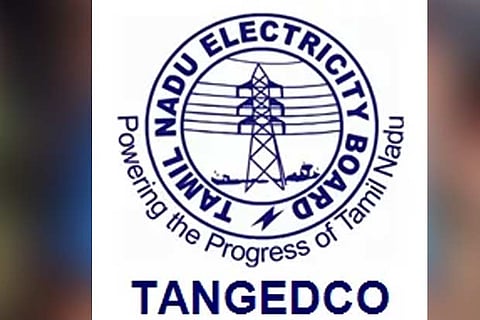

Chennai
“So long as the preferential treatment for renewable sources of electricity is mandated by law and public policy, the benefit of power banking cannot be taken or wished away, we also acknowledge the need for a fair dispensation wherein the facility causes minimal disturbance to the economic interests of other utilities and consumers,” the APTEL said in its order on Thursday.
The banking system allows wind power producers to put power into the grid and draw the power back for consumption within a financial year. This is particularly useful for wind power producers who also own other industries that may need electricity to run.
TNERC, in its Wind Tariff order in 2018, had rejected the Tangedco’s demand for dispensing with the wind banking entirely, but decided to extend the banking facility of one month to the new windmills commissioned on or after April 1, 2018 and no banking facility for third party power purchase. It also increased the banking charges from 12 per cent to 14 pc. It had also announced a 10 per cent increase in wheeling charges and cross-subsidy surcharge and set the feed-in-tariff for sale of power to the utility at Rs 2.86/kWh without accelerated depreciation and at Rs 2.80/kWh with accelerated depreciation.
In its ruling, APTEL directed TNERC to restore the status quo that prevailed before the impugned order. It said that it would not like TNERC to bring about changes in energy banking rules and called for a study on their financial impact on stakeholders.
The Tamil Nadu Spinning Mills Association, Indian Wind Power Association, and Watsun Infrabuild had filed separate applications with the APTEL against the order passed by the TNERC in 2018.
The Tangedco also moved against the Commission’s order seeking complete abolition of wind banking citing losses incurred by it. The discom said the cost that the distribution licensee incurs in providing a banking facility, includes drawl charges, the penalty paid based on a grid disturbance, purchase of high-cost power for supply to the third-party or captive consumers during non-wind seasons and loss of energy charges. All such costs incurred on account of providing banking facility are ultimately passed on to consumers through tariff fixed by TNERC.
Visit news.dtnext.in to explore our interactive epaper!
Download the DT Next app for more exciting features!
Click here for iOS
Click here for Android